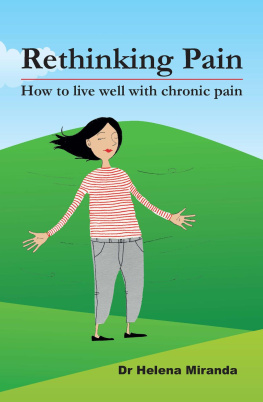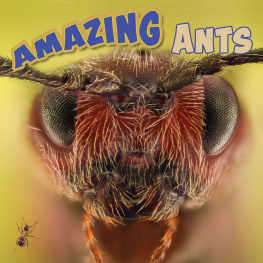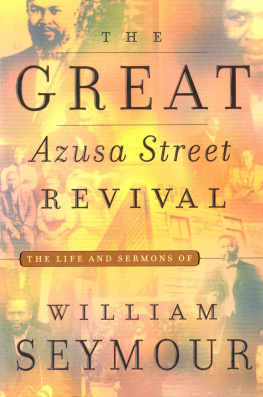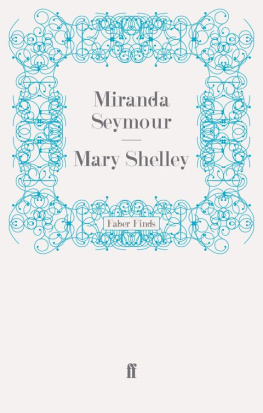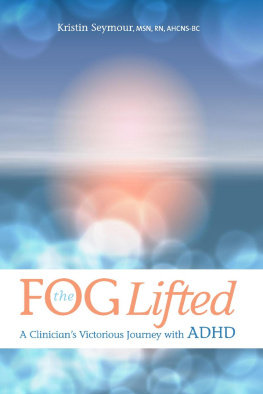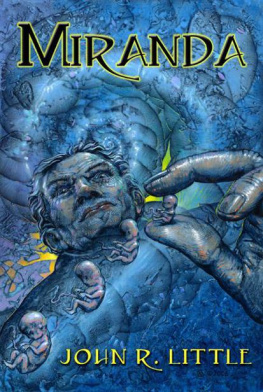Miranda Seymour - I Used to Live Here Once
Here you can read online Miranda Seymour - I Used to Live Here Once full text of the book (entire story) in english for free. Download pdf and epub, get meaning, cover and reviews about this ebook. year: 2022, publisher: Norton, genre: Non-fiction. Description of the work, (preface) as well as reviews are available. Best literature library LitArk.com created for fans of good reading and offers a wide selection of genres:
Romance novel
Science fiction
Adventure
Detective
Science
History
Home and family
Prose
Art
Politics
Computer
Non-fiction
Religion
Business
Children
Humor
Choose a favorite category and find really read worthwhile books. Enjoy immersion in the world of imagination, feel the emotions of the characters or learn something new for yourself, make an fascinating discovery.

- Book:I Used to Live Here Once
- Author:
- Publisher:Norton
- Genre:
- Year:2022
- Rating:5 / 5
- Favourites:Add to favourites
- Your mark:
- 100
- 1
- 2
- 3
- 4
- 5
I Used to Live Here Once: summary, description and annotation
We offer to read an annotation, description, summary or preface (depends on what the author of the book "I Used to Live Here Once" wrote himself). If you haven't found the necessary information about the book — write in the comments, we will try to find it.
I Used to Live Here Once — read online for free the complete book (whole text) full work
Below is the text of the book, divided by pages. System saving the place of the last page read, allows you to conveniently read the book "I Used to Live Here Once" online for free, without having to search again every time where you left off. Put a bookmark, and you can go to the page where you finished reading at any time.
Font size:
Interval:
Bookmark:
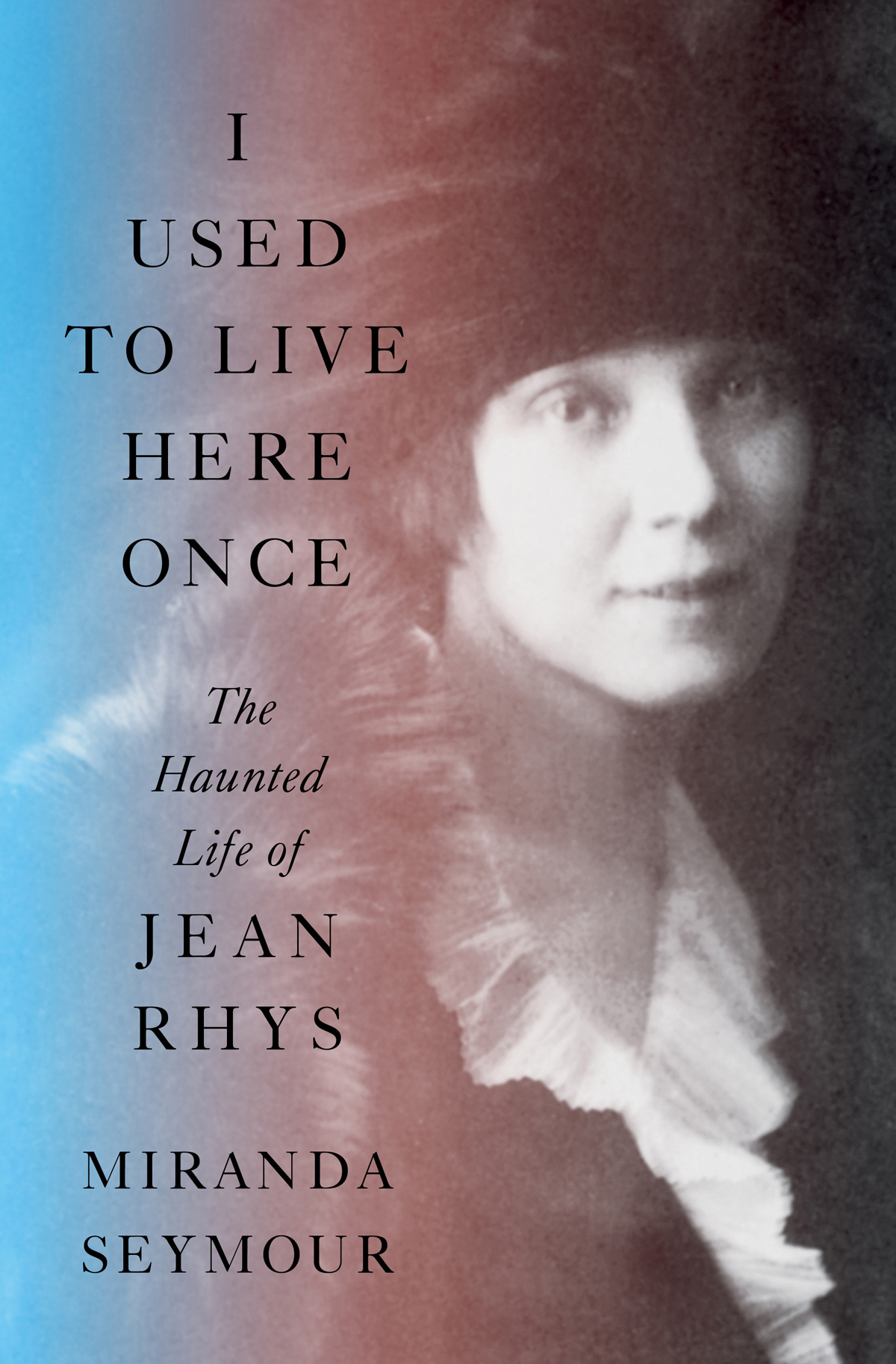

The haunted life of
JEAN RHYS
Miranda Seymour

TO LENNOX HONYCHURCH AND POLLY PATTULO,
KEEPING THE SPIRIT OF JEAN RHYS ALIVE IN DOMINICA,
THE ISLAND OF HER BIRTH; AND TO SAMANTHA MOSS,
DOING THE SAME AT RHYSS LAST HOME IN DEVON
I would never be part of anything. I would never really belong anywhere, and I knew it, and all my life would be the same, trying to belong, and failing. Always something would go wrong. I am a stranger and I always will be, and after all I didnt really care.
JEAN RHYS, Smile Please: An Unfinished Autobiography (1979)
The reason that I always think of Jean Rhys as a hurt and angry child trapped in the body of a sensual woman is that I came to her work, not through her novels or stories, but through Smile Please. Written at the end of her long life, in a voice as clear as though she were recalling yesterdays events, Rhyss evocative, tender and painfully truthful memoir describes the first years of her life in Dominica, the wild and still untamed Caribbean island where she grew upand where she said that she wanted her bones one day to lie. Smile Please ends in 1924, five years after Rhys had unregretfully exchanged a hand-to-mouth existence in London for a vagabonds life in Paris, the city which would provide the setting for her first novel, Quartet.
Later, as I read the short stories and the five novels on which Rhyss enduring reputation as one of the best women writers of the twentieth century justly stands, I began to understand the tremendous importance of those early years in Dominica. Memories of the island haunt Rhyss work; they inhabited her mind until her death in 1979.
Seeing Dominica with my own eyes while visiting the places that Rhys knew and loved bestall her familys former residences are now destroyed or buried under a verdant islands lush, fast-growing vegetationhelped me to understand Rhyss passion for her Caribbean birthplace, and why the hostility that she first sensed there bred her enduring feeling of alienation. She poured both the passion and the alienation into the characters of the women about whom she wrote. Self-knowledge meant everything to Rhys. Each of those fictional women was granted elements of their authors pitilessly scrutinised personality. As painfully self-aware as their creator, they, too, can be by turns watchful; shocking; angry; witty, and ruthless. Like Rhys herself, they learn to rely on drink for courage and consolation. Unlike her, they neither read muchRhys was an avid and discerning reader, especially of French poetry and modern French fictionnor do they write.
I must write, Rhys once wrote in a private diary, before adding that it was only by her writing that she could earn death. (A reward? she asked herself in the same entry, and answered, simply: Yes.) Deprived of their authors crucial sense of purpose, the women who belong to the world of Rhyss bleak and often savagely comic fictions are more helpless than their strong-willedand often downright wilfulmaker ever was.
Rhys needed to be strong in order to keep faith with her vocation. I cant think of another woman writer of her time who overcame such dismaying and ongoing setbacks with such determination. Nor can I think of one who created so many problems for herself by her transgressive behaviour: a persistent and audaciously perverse refusal ever to comply with what was expected from her. Heartbreak, poverty, notoriety, breakdowns and even imprisonment: all became grist to Rhyss fiction-making mill. What she never wrote about were the challenging years of literary oblivion from which Jean Rhys emerged at last into a blaze of international celebrity that the reclusive writer had neither sought nor desired.
Today, Rhyss work is widely taught. Young graduates who know nothing about her life find it easy to relate to her proud and vulnerable loners. Teachers like to suggest an exercise in which comparisons are made between Virginia Woolfs celebrated room of ones own and one of the coffin-like hotel rooms in which Rhyss victimised characters hide away from a world they dread and despise. Students like the concept of Woolfs idealised private study. They believe in Rhyss imagined haunts.
Imagined? Rhys did experience times of forlorn desperation when she lived in just such rooms. But not always. In the same way that she bestowed only specific traits from her personality on her characters, she allowed them to experience somebut never allof her own adventures. Rhys was a novelist, not a journalist. Much was added; much more was withheld. Researching this book and talking to the people who knew Rhys have helped me to appreciate the depth of the chasm that separates the composite creature whom many critics still knowingly categorise as the Rhys woman from the writer who created that vulnerable entity.
Rhys often said that she wrote about herself because that was all she knew. Today, her readers still intuitively relate to a voice that whispers terrible truths into the ears of each and every one of us. I hope that Ive succeeded in showing what courage and faith it took to create that unique voice, and to persist when hope seemed dead. I know already how much I shall miss the daily company of a demanding, volatile, self-absorbed and often darkly funny writer, a woman whom the hypercritical Francis Wyndham once fondly praised as the most bewitching companion that he had ever known.

ELIZ MALEW
Tout mama ki ti ni jen fi
Pa ls yo all en plsi yo,
Pa ls yo all en jewt yo.
Si diab la vini yi kai anni m yo.
Eliz malew
Eliz malew
Eliz malew.
On pon innocen la ou van ba de demon la.
All mothers with young daughters!
Dont let them go follow their own pleasures,
Dont let them go follow their joy.
If the devil comes, he will just take them away.
Poor Eliz
Poor Eliz
Poor Eliz.
You took an innocent child and sold her to the two devils.
(Translation by Sonia Magloire-Akba, with thanks.)
The largest single holding of Jean Rhyss personal papers is at the handsomely Gothic-styled McFarlin Library, which forms part of the University of Tulsa, Oklahoma. The library contains a digitalised recording of Jean Rhys singing this old island song in July 1963, when she was almost seventy-three years old. Im grateful to Sonia Magloire-Akba, an authority on the Kwyl (Creole) language still in use today on Dominica, for her informal translation.

You turn to the left and the sea is at your back, and the road goes zigzag upwards... Everything is green, everywhere things are growing... Thats how the road to Constance isgreen, and the smell of green, and then the smell of water and dark earth and rotting leaves and damp.
Font size:
Interval:
Bookmark:
Similar books «I Used to Live Here Once»
Look at similar books to I Used to Live Here Once. We have selected literature similar in name and meaning in the hope of providing readers with more options to find new, interesting, not yet read works.
Discussion, reviews of the book I Used to Live Here Once and just readers' own opinions. Leave your comments, write what you think about the work, its meaning or the main characters. Specify what exactly you liked and what you didn't like, and why you think so.

